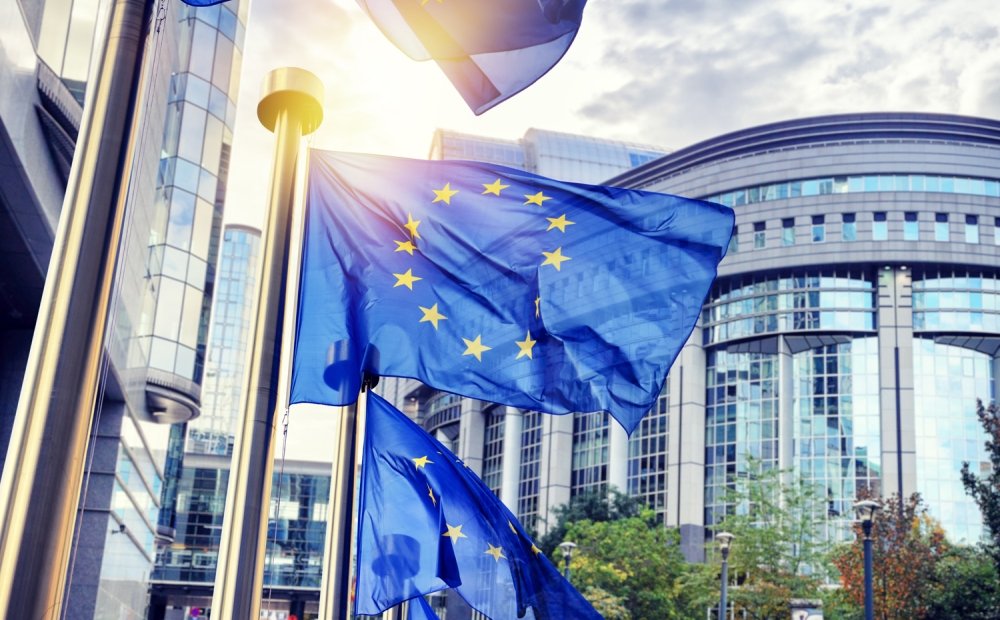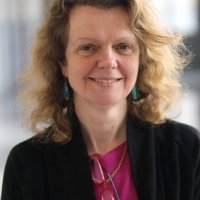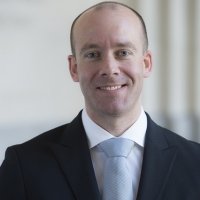Ground Truth Briefing | Continental Divides? The Future of the European Union Post-Election

The results are in from the European Parliamentary elections, reflecting the highest voter turnout in two decades. It wasn’t the populist sweep many were predicting, but the center-left and center-right coalitions lost their 40-year majority. Clearly, there will be a new alignment of power and European unity will be tested.
What are the important implications? Will the “Green Wave” force political action on environmental policy? What do the populist victories of EU Parliamentarians from France and the UK mean for future EU leadership and the Brexit process? In this Ground Truth Briefing, experts discussed the results and implications of the European Parliamentary elections.
Selected Quotes
Catherine Ashton
“It is more likely, in my view that you will see the rise of issues like climate change in the European Parliament than you will see naked, populism being so prevalent. Not least because amongst the right-wing parties there has been historically – and I have no reason to believe it would be any different – very little common ground. They are very much focused, in many cases, on their own countries and their own specific issues. They don’t have a commonality of view that allows them to collaborate as effectively as some of the major political parties have done in the past.”
“The work that you are doing at the Wilson Center on the Arctic is exceptional, I’m not just saying that because you’re on the line. It clearly is. There’s nothing quite like it anywhere else. And the work that you and I have been describing and discussing and going to do together is about recognizing that the Arctic is going to be, by any measure, a place, an issue, a set of concerns that are going to dominate the agenda across the world. The huge interest from China and Russia, of course, in the Arctic, the huge relevance of the Arctic in the context of the biggest issue for the younger generation, i.e. climate change, and all the questions about economics and security that flow from it means that the Arctic Council’s work is going to become more and more a focal point.”
“There will be a growing emphasis on showing how Europe and the European Parliament and its collaborators beyond the EU, can work together to try and do the protection and the ability to see the Arctic as a place where things can happen; where you can get the benefits of changes that we cannot control. Certainly in trade issues, the Arctic becomes more and more important and it’s unlikely it will be reversed anytime soon.”
Michelle Egan
“We tend to forget that this was an electorate of 426 million picking 751 candidates from about 15,000 strong list. So it was a huge exercise, in some respects, of transnational democracy. And I think absolutely Lady Ashton is right. It was very much revealing of polarization and fragmentation within the European Parliament.”
“There’s a fragmentation and balkanization of the political landscape, but we in the United States are so used to just two main parties that we tend to forget that at our national level we also do have a lot of coalitions and fragmentations. So, the fact that that is happening at the European level should not be a surprise.”
“But one of the things is, will these populist parties want change from within? Not leaving the EU, but they’ve often not been involved in the grunt work in the parliament…They’ve been good at ground standing, but they haven’t actually been involved sometimes in the actual committee work. It’s sort of the show horse versus work horse model. It will be interesting to see now with the transformation of the parliament, the more fragmented parliament, who are the work horses and who are the show horses?”
Michael J. Geary
“I would say the new European Parliament is far more pluralist and representative. I think it, in many ways, reflects to a greater degree the image at the national level that has been built up over the last number of years. There is no real European narrative in these elections. What you have is 28 national, political debates, some of which are dominated by national or regional issues or are simply extensions of earlier campaigns.”
“Given the significant media coverage, at least in Europe, of school children protesting against the lack of action on climate change. You have Greta Thunberg, the 16 year old Swede, one of the more prominent student activists, speaking at national parliaments around Europe and elsewhere. It’s not surprising then that the Greens did mostly well, but not everywhere. In Europe at least, the issue of climate change is high on the physical agenda.”
Peter Kellner
“Populism is not a single phenomenon. There are, in most countries, two quite distinct types of populist voter. The first is the cultural traditionalist: the people who think their country has gone to the docks, people are no longer respectful of other people. Immigration is a big issue [and] they would like their country to go back to where it was 30 or 40 years ago. The second type of populism are people who feel economically scared or insecure – they don’t have a secure job.”
“When you look at countries where the populists have done extremely well…they have managed to appeal quite distinctly to both different kinds of populism: the economically insecure and the culturally traditionalist.”
Speakers

Former Vice President of the European Commission and former High Representative of the EU for Foreign Affairs and Security Policy

Professor and Jean Monnet Chair ad personam, School of International Service, American University

Associate Professor, Modern Europe and the European Union, Faculty of Humanities, Norwegian University of Science and Technology, Trondheim, Norway
Moderator

Hosted By

Global Europe Program
The Global Europe Program is focused on Europe’s capabilities, and how it engages on critical global issues. We investigate European approaches to critical global issues. We examine Europe’s relations with Russia and Eurasia, China and the Indo-Pacific, the Middle East and Africa. Our initiatives include “Ukraine in Europe”—an examination of what it will take to make Ukraine’s European future a reality. But we also examine the role of NATO, the European Union and the OSCE, Europe’s energy security, transatlantic trade disputes, and challenges to democracy. The Global Europe Program’s staff, scholars-in-residence, and Global Fellows participate in seminars, policy study groups, and international conferences to provide analytical recommendations to policy makers and the media. Read more
